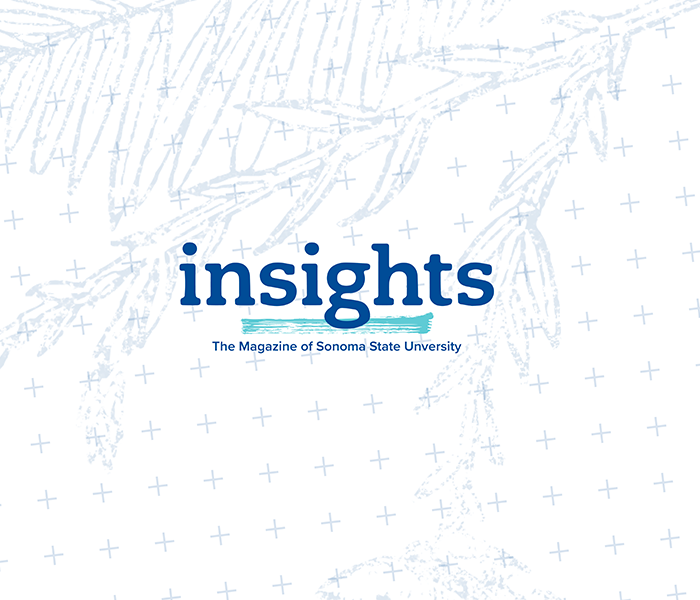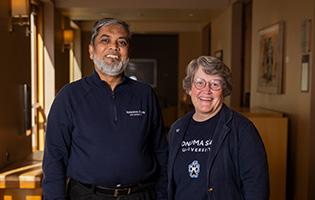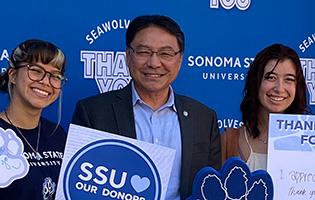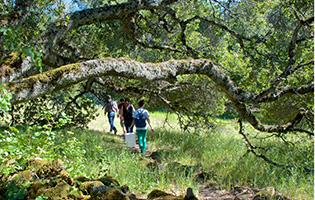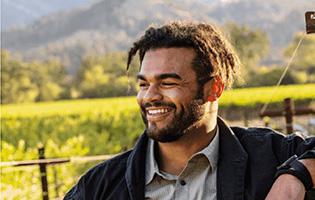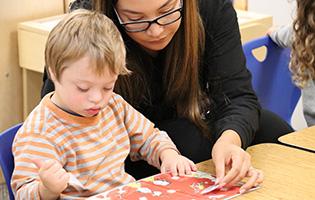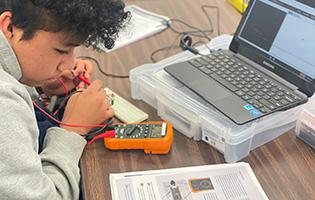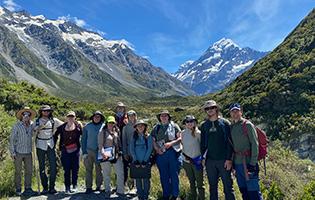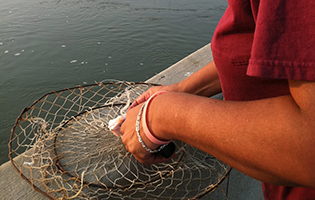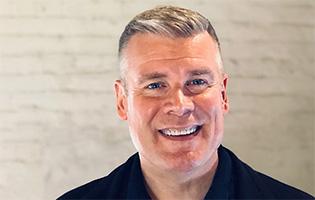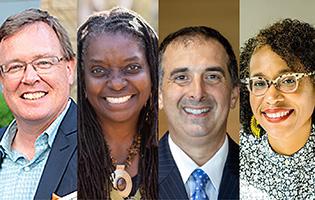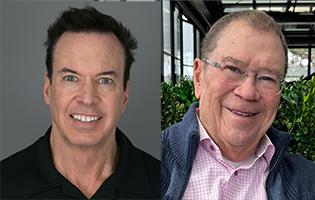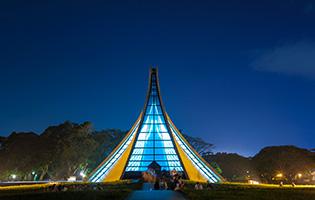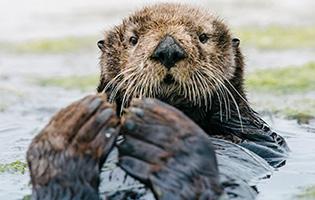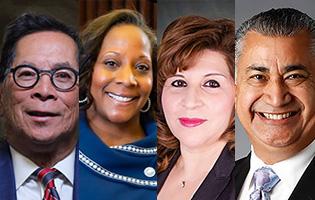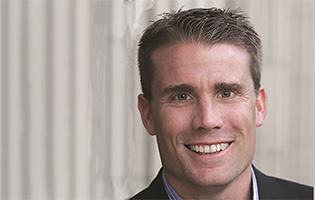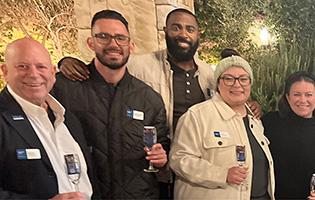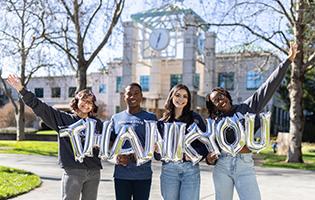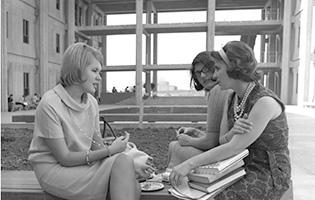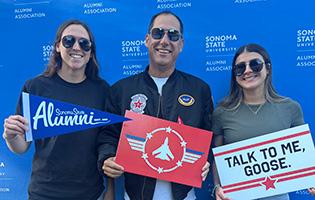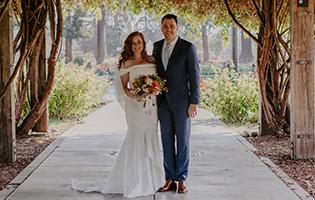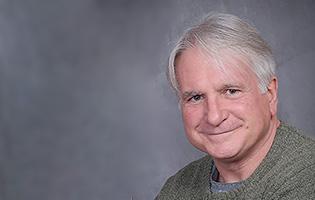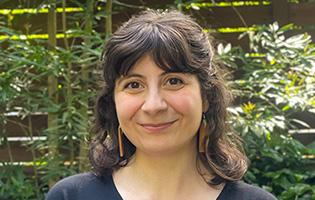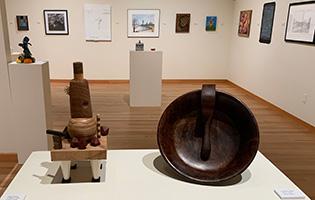Geology field experience and mentorship creates student opportunities
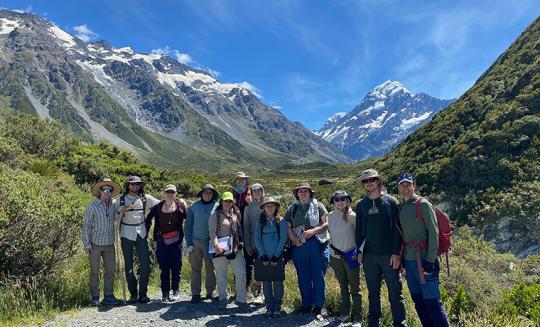
Starting in Auckland and traveling to the North and South Islands of New Zealand, SSU Geology student Kelsey Dowdall said her fieldwork experience gave her better tools than anything she could have learned in the classroom.
“I’ll never forget what I saw in that field camp. I will never forget that I remember almost every formation name,” Dowdall said.
Hiking through mountains, glaciers, and beaches of breathtaking sites like the Tanga River, Tongariro Alpine Crossing, New Plymouth, and Mount Cook, Dowdall and her camp sometimes experienced 70-mph winds and torrential rain.
“It was one of the rainiest summer seasons they have had,” she said. “But it was an amazing trip.”
With 66 days of fieldwork available for a bachelor of science degree in geology, the hands-on geology fieldwork experience sets the department apart from others in the CSU system, and beyond.
“Fieldwork prepares you for working in groups of people who are older and younger, and most importantly, it helps you with communication, which can be the hardest when you’re in the field and on the job,” Dowdall said of the additional skills fieldwork gave her.
Dowdall said the size of SSU’s geology department – a tight-knit group of students and faculty – makes it unique.
“It allows you to have such a great connection with professors and not just be another name on their sheet,” she said.
Dowdall affectionately calls the department a family, one where professors are on a first-name basis with their students. The relationship between students and faculty is one of mentorship.
“Having the ability to have a mentor instead of just a professor is really amazing and special,” Dowdall said. “It leads to way more opportunities.”
Mentored for a year by Matty Mookerjee, Professor and Chair of the SSU Department of Geology, the student and professor worked together on a rock deformation project which they later presented at the world’s largest annual geoscience conference, the American Geophysical Union.
“It was a big deal and we had a really good time,” a delighted Dowdall said.
Both Mookerjee and Dowdall agreed that geology might be the right calling for those seeking job security.
“You’re always going to need a geologist,” Dowdall said. “There is always a house being built. There is always going to be resources needed. There’s always going to be disasters that need to be fixed and or prevented.”
Not only do geologists work with rocks, soil, and earth, they work in chemistry and physics.
Mookerjee said that although the study of geology uses science, chemistry, and technology to understand the earth, geology is not any one science in particular.
“It’s about the question of how we understand the planet that we live on,” he explained. “I think we have a very vital role in solving the world’s problems.”
— Krista Sherer


